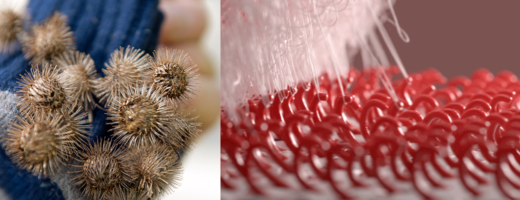Grasping Ageing by the Horns

By 2050, the global population aged 60 and older will skyrocket, reaching an estimated 22% of the world’s total population[1].
But with an increasing lifespan comes the challenge of maintaining our health in those extra years. Short of stumbling upon the Fountain of Youth, or perhaps being bitten by a lofty vampire in the night, our bodies naturally break down over time, and we become more susceptible to problems with our brain and/or bodily functions and to developing diseases like cancer, heart disease, and diabetes. If we can’t (yet) halt ageing, can we improve how we age and fight the effects of time on our bodies?
Ageing is a complex process and varies from person to person, meaning a ‘one size fits all’ solution is unlikely. However, a recent publication in Science by researchers at Columbia University uncovered a connection between the amino acid taurine and improvements to the health and lifespan of mice, worms, and monkeys[2]. You might have heard of taurine before; in fact, late nights studying for exams might have forced you to consume more of it as taurine is often added to energy drinks. But what is taurine? It is a common amino acid found naturally in our bodies, certain foods, and in nutritional supplements.
What did the researchers at Columbia University uncover? Older monkeys, mice, and humans had less taurine in their blood. For example, 60-year-old humans had about a third less taurine than five-year-old children. To study taurine’s relationship with lifespan, they fed mice high concentrations of taurine each day. When they compared taurine-fed mice with control mice who didn’t receive extra taurine, taurine-fed mice lived up to 12 % longer and were healthier. Similar outcomes were found for worms and monkeys. And although scientists are yet to fully understand taurine’s role in how humans age, this study also correlated lower levels of this amino acid with abdominal obesity, type 2 diabetes, hypertension, poorer bone health, and excessive inflammation – all potential consequences of getting older.
Whilst it’s tempting to label taurine as ‘a miracle nutrient’, understanding the complexity of ageing and exactly how taurine fits into the story will take time. Nonetheless, these results offer insight into the importance of this common amino acid and open doors for research into how changes in taurine levels may impact our bodies across our lifespan.
Over the last century, the human lifespan has almost doubled due to many factors, including advancements in medicine and care[3]. Previously fatal diseases are now treatable or even preventable with medications and vaccines. Will ageing become treatable too?
[1] https://www.who.int/news-room/fact-sheets/detail/ageing-and-health
[2] https://www.science.org/doi/10.1126/science.abn9257
[3] https://en.wikipedia.org/wiki/Life_expectancy#cite_note-6
Edited by Hazel Imrie
Copy-edited by Rachel Shannon







